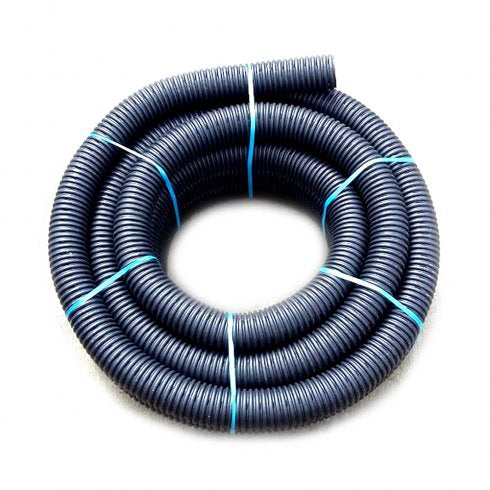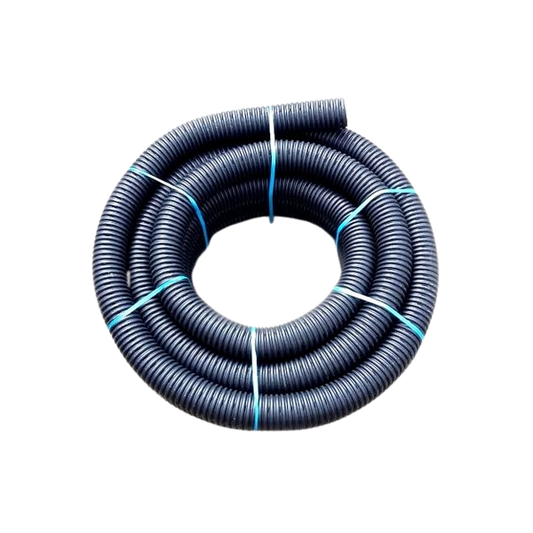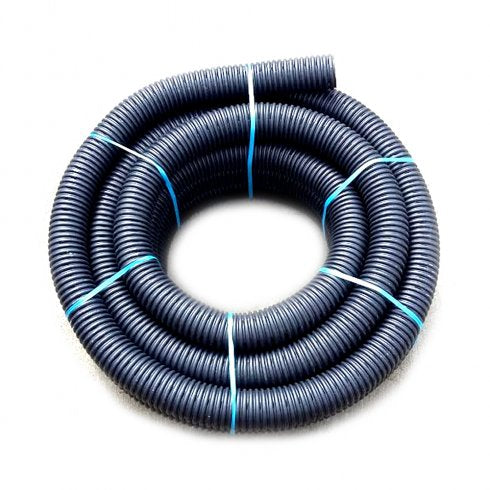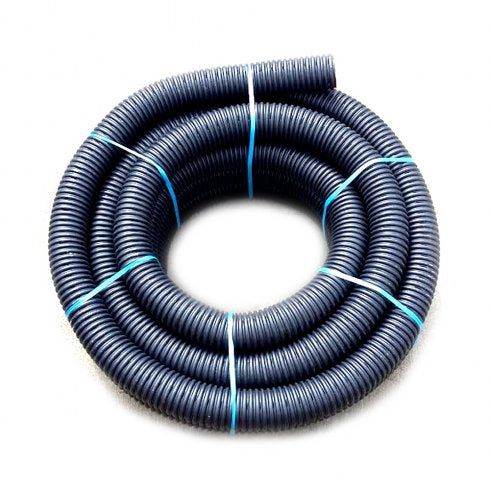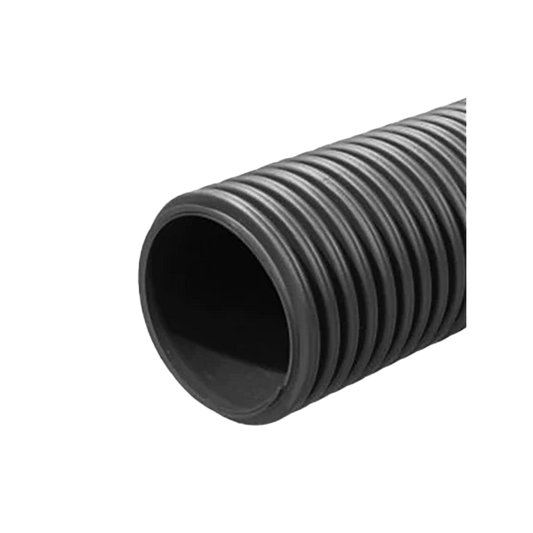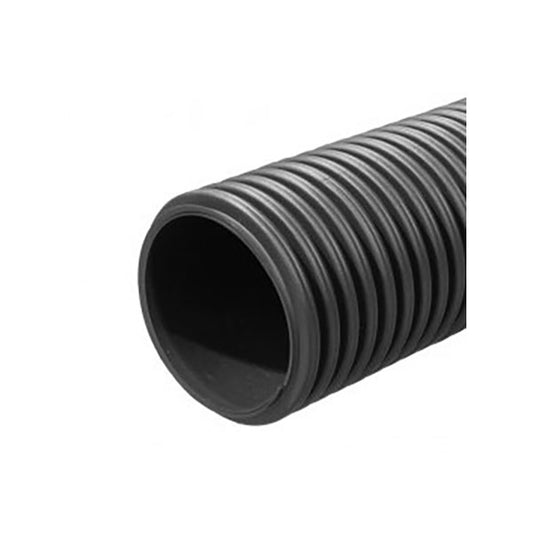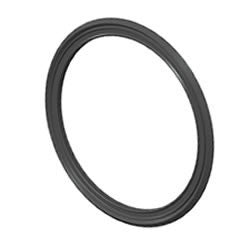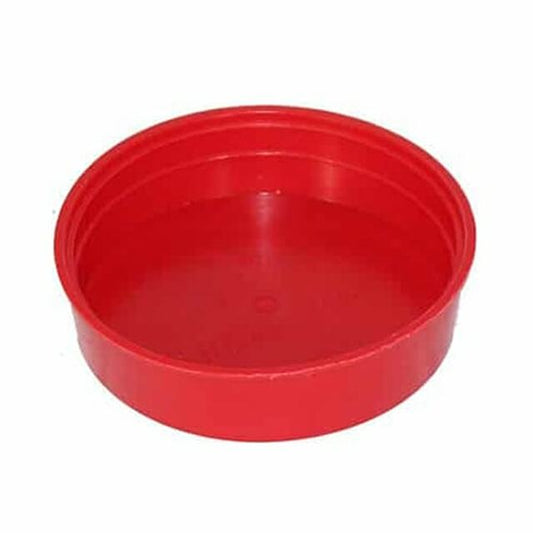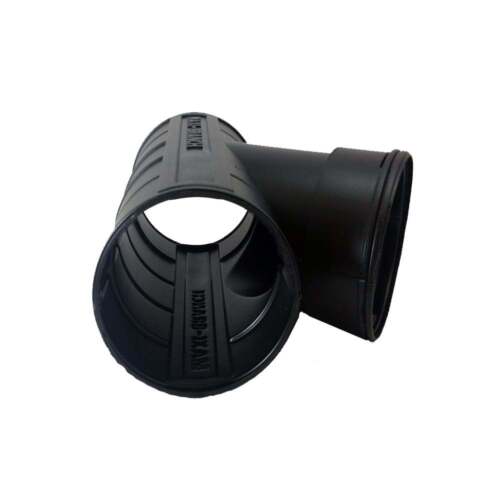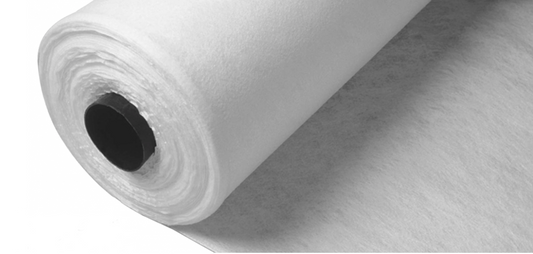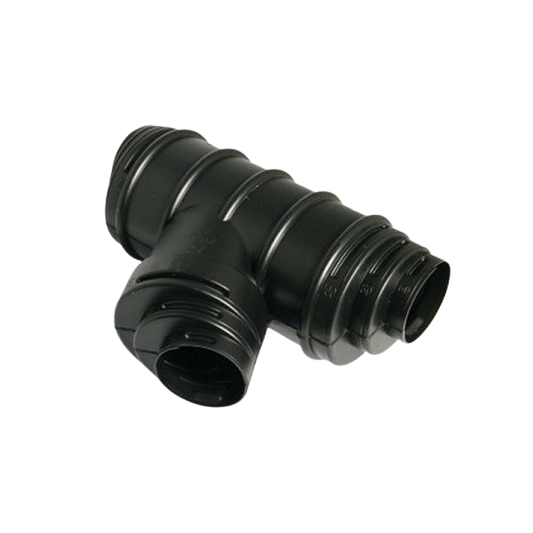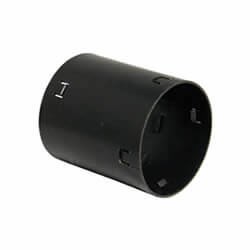With all this relentless wet weather, farmers across the UK are dealing with waterlogged fields, delays in planting and harvesting, and rising disease and pest problems. Effective drainage systems are crucial, significantly improving field conditions and operational efficiency. But how exactly does wet weather affect farming, and what can be done to mitigate its impact?
Table of Contents
Crop Damage and Yield Loss
- Waterlogging and Flooding: Heavy rains cause waterlogged fields and flooding, damaging crops like wheat, barley, and potatoes. These conditions can leave farmers watching helplessly as their fields turn into swamps, making it impossible to plant or harvest on time.
- Delayed Planting and Harvesting: Wet conditions delay these crucial activities, reducing yields and crop quality. Farmers often find themselves scrambling to get seeds in the ground or crops out before they spoil, which can feel like a race against time.
- Disease and Pests: Wet weather fosters fungal diseases and pests, lowering crop quality and yields. Increased moisture provides a perfect breeding ground for pests and diseases that farmers must constantly battle.
Rising Costs
- Fungicides and Pesticides: Higher disease and pest levels necessitate more chemical use, increasing costs. It’s frustrating for farmers to see their expenses climb just to keep crops healthy.
- Fuel and Labour Costs: Weather delays in fieldwork increase these costs due to shorter working windows. When the sun finally comes out, every farmer is in a rush, which means more hours and more fuel.
- Field Repair: Flooding damages fields, requiring costly repairs and soil management. Fixing waterlogged soil and repairing infrastructure adds another layer of expense.
Long-term Impacts
- Soil Health: Prolonged wet conditions degrade soil health, reducing future productivity and necessitating investment in soil restoration. Healthy soil is the bedrock of farming, and when it's compromised, the ripple effects can be felt for years.
- Infrastructure Damage: Flooding can damage farm infrastructure like fences, buildings, and roads, requiring expensive repairs. Rebuilding after a flood can drain a farmer's resources and energy.
Facing the Challenges Head-On
Farmers are not just up against the weather, but also political pressures and tight margins. Coping with increasing wet years requires strategic investments in field drainage. Effective drainage can enhance reliability, reduce inefficiencies, and mitigate wet weather’s impact. This is crucial for managing the effects of climate change on farming.
An example of this is, David Blacker, who farms over 200ha in Skelton, near York, and has been the host of the AHDB Strategic Cereal Farm North since 2022, running trials, including nitrogen use efficiency and drainage. He estimates the recent wet weather may have potentially cost him £80,000 in lost income, due to reduced yields, no spring cropping and less contracting work.
One way that David Blacker hopes to better cope with wet years like this one is by investing in field drainage. To read more click here.
Practical Solutions
-
Drainage Systems: Improved drainage systems can mitigate wet weather’s impact. Farmers who install effective drainage see better field conditions and reduced waterlogging. Investing in drainage is one of the greatest investments in farming because you cannot farm wet land. Well-drained fields allow for timely chemical and fertiliser applications, preventing mould and runoff into streams. A well-drained field also prevents pollution, making it the best investment for long-term productivity.
-
Crop Insurance: Provides financial protection against weather-related losses. It’s a safety net that can make a big difference when weather conditions are unpredictable.
-
Diversification: Helps spread risk, reducing the financial impact of wet weather. Diversifying crops and livestock can help farmers manage their risk better.
- Agri-environment Schemes: Government schemes promoting sustainable farming practices can improve resilience to wet weather. These programs offer support to farmers adopting new, sustainable practices.
How We Can Help
Effective drainage systems can mitigate the effects of wet weather, enhance reliability, and improve efficiency in farming operations. By adopting these solutions, farmers can better prepare for and withstand adverse weather conditions, safeguarding their livelihoods and ensuring future productivity.
To help you prepare for the land drainage season, we're offering the following discounts on large orders on our website until the end of September 2024:
- 5% off orders over £1500 + VAT - simply use LANDDRAIN1500
- 7% off orders over £5000 + VAT - simply use LANDDRAIN5000
To take advantage of this special offer and ensure your farm is ready for the land drainage season call our friendly team a call on 0121 351 3230
Alternatively, fill out our enquiry form:






